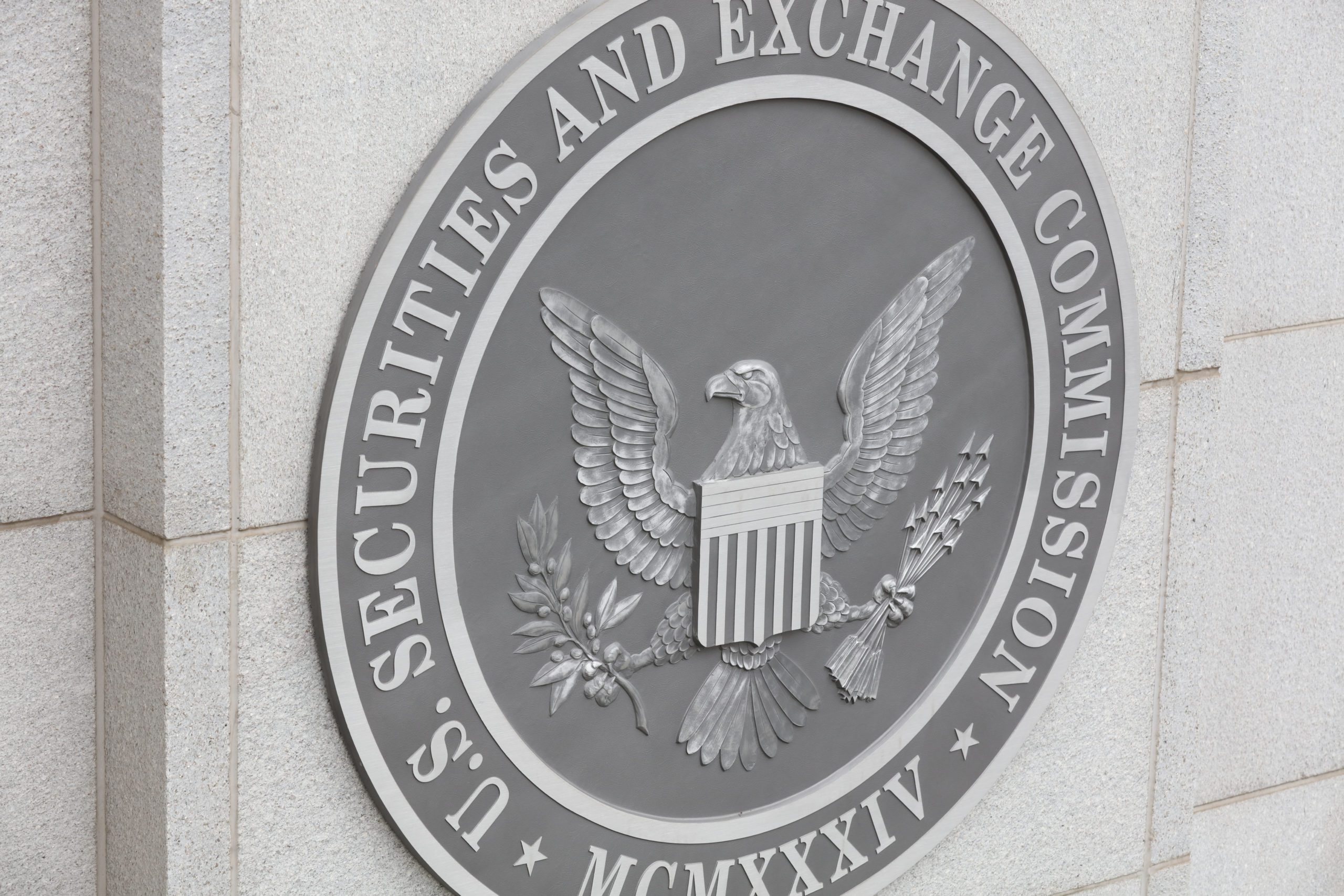By Dan Byrne for AMLi
THE ‘DIGITAL EURO’ agenda suffered a setback this week as experts from the Bank of America warned that adopting it may threaten the European banking sector.
In a report released Tuesday, experts from the United States’ second-largest bank claimed that if there was widespread adoption of the digital euro, commercial banking deposits would decrease, resulting in knock-on effects for the entire sector.
“Money, like internet data, has a strong tendency to monopoly,” the report said. If a digital euro became a primary channel for everyday transactions, “it could prove a convenient substitute for current accounts.”
The digital euro is one of several worldwide attempts to create a publicly governed, publicly backed virtual currency to rival private cryptos like Bitcoin and Diem (formerly Libra – launched by Facebook).
If approved – a decision which is expected in January – it would follow examples like China’s digital yuan which recently completed a test phase amongst ordinary citizens.
The opinion by Bank of America experts may come as a blow to the new idea, which ECB President Christine Lagarde said was likely to be given the green light next month.
The BoA report said that a digital euro would be “predominantly a downside risk,” to commercial banking because it would reduce the need for third parties in the industry.
It was also noted that competition from a digital euro would require banks to eat further into their deposits to fulfil tightening requirements.
In the AML world, a digital euro has received strong support by various MEPs in Brussels because of its stronger links to government and strict regulations – contrasting the historically lax rules and anonymity of cryptocurrencies.
“$76 billion of illegal activity each year involves bitcoin,” MEP Eero Heinäluoma of Finland told the European Parliament in October. “Therefore, we can’t leave any regulatory loophole open. There is no place for digital assets not meeting EU standards.”
At that same session, MEP Stefan Berger of Germany stressed that there would always be dangers given the high market capitalisation of cryptocurrencies in the bloc.
He told Parliament that when it came to digital currencies, “I would rather trust a central bank than Zuckerberg.”
However, while a digital euro is likely to be given the go-ahead, ECB Executive Board member Fabio Panetta recently called for a restraint in outlook, saying that the virtual currency would “complement cash, not replace it.”
Share this on:
Follow us on:











